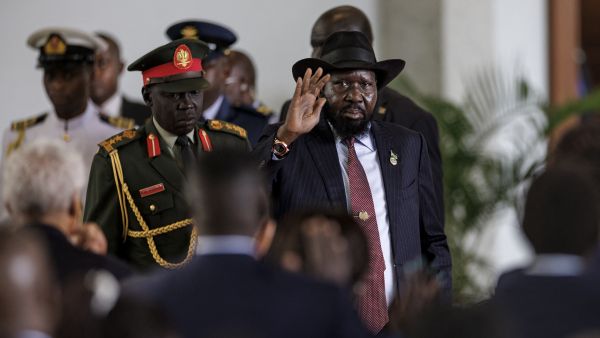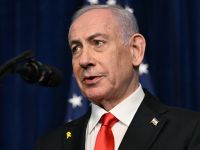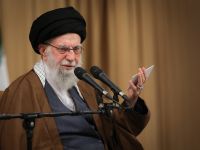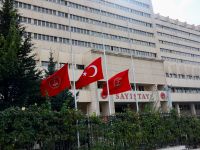ALBAWABA - In a session held on Thursday, the United Nations Security Council (UNSC) adopted a resolution extending for one year the sanctions regime imposed on South Sudan that includes asset freezes, travel bans, and an arms embargo.
Nine votes were given in support of the resolution, zero against it, and six abstentions came from Sierra Leone, Algeria, China, Guyana, Mozambique, and the Russian Federation.
The council warned that arms transfers that are against the resolution should be monitored and prevented because they have the potential to escalate hostilities and spread instability in the already war-torn country.
The resolution is an extension of the arms control restrictions put in place by Resolution 2428 (2018), paragraph 4, which commands all members to stop supplying, selling, or transferring weapons to South Sudan directly or indirectly.
A number of the members emphasized the negative impact of the sanctions and said that the council ought to assist the South Sudanese government by easing the embargo.
The Chinese delegate said that the arms embargo made it more difficult for the government to safeguard its citizens, bolster border security, and uphold social stability.
He underlined that South Sudan has made strides toward enforcing benchmarks connected to sanctions, and he suggested that the Council should assist the government instead of carrying out more sanctions.
US Deputy Ambassador Robert Wood voiced his support for the resolution, stating that extending the resolution would be the sticking point to the arms smuggling across the African country.
"remains necessary to stem the unfettered flow of weapons into a region awash with guns. Too many people – especially women and children – have borne the brunt of this ongoing violence" Wood stated.
As a result of the Comprehensive Peace Agreement, South Sudan conducted an independence referendum in 2011 to decide whether to break away from Sudan. South Sudan joined the African Union in July 2011 and became the 54th independent nation in Africa.
However, a multidimensional civil war between the government and opposition groups erupted in the country in 2013. A government of national unity was established as part of the 2018 peace accord, which put an end to the fighting.
An estimated 400,000 people lost their lives in the conflict, while over four million were displaced.








